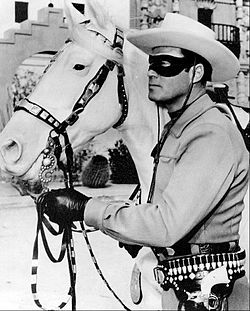**Lone Ranger**
In the realm of cannabis, “Lone Ranger” is a term that denotes a singularly remarkable strain or product, echoing the legacy of the legendary character who roamed the Wild West with a sense of justice and independence. The Lone Ranger, a cultural icon since the 1930s, was known for his solitary yet impactful presence, a trait that resonates with cannabis strains that offer a unique and potent experience. As the cannabis industry evolves, the “Lone Ranger” has come to represent those strains that defy convention, offering users a distinct and memorable journey. This term is particularly relevant in today’s market, where consumers are on the lookout for products that deliver both quality and a sense of adventure. Whether it’s a rare genetic lineage or an extraordinary cannabinoid profile, a “Lone Ranger” strain is one that stands alone in its excellence. [Source: Harvard]
The Lone Ranger is a fictional masked former Texas Ranger who fought outlaws in the American Old West with his Native American friend Tonto. The character has been called an enduring icon of American culture.
| Lone Ranger | |
|---|---|
 Clayton Moore as the Lone Ranger | |
| Publication information | |
| First appearance | WXYZ (January 31, 1933) |
| Created by | |
| In-story information | |
| Alter ego | Ranger John Reid |
| Team affiliations | Texas Ranger Division |
| Partnerships | Tonto |
| Abilities | Expert marksman, above-average athlete, horseman, hand-to-hand combatant, and master of disguise |
He first appeared in 1933 in a radio show on WXYZ (Detroit), conceived either by station owner George W. Trendle or by Fran Striker, the show's writer. Test episodes aired earlier on radio station WEBR in Buffalo. The radio series proved to be a hit, and spawned a series of books (largely written by Striker), an equally popular television show that ran from 1949 to 1957, comic books, and several films.
The title character was played on the radio show by Earle Graser for some 1,300 episodes, but two others preceded him, according to The New York Times: "a man named Deeds, who lasted only a few weeks; a George Stenius [actually George Seaton according to the Los Angeles Times]. After Graser died in 1941, Brace Beemer assumed the role after serving as the program's narrator. On the radio, Tonto was played by John Todd and Roland Parker, among others.
Clayton Moore portrayed the Lone Ranger on television, although during a contract dispute, Moore was replaced for a season by John Hart. Jay Silverheels, a Mohawk from the Six Nations Indian Reserve in Ontario, Canada, was cast as Tonto.
English
Noun
lone ranger (plural lone rangers)
- Alternative letter-case form of Lone Ranger.





